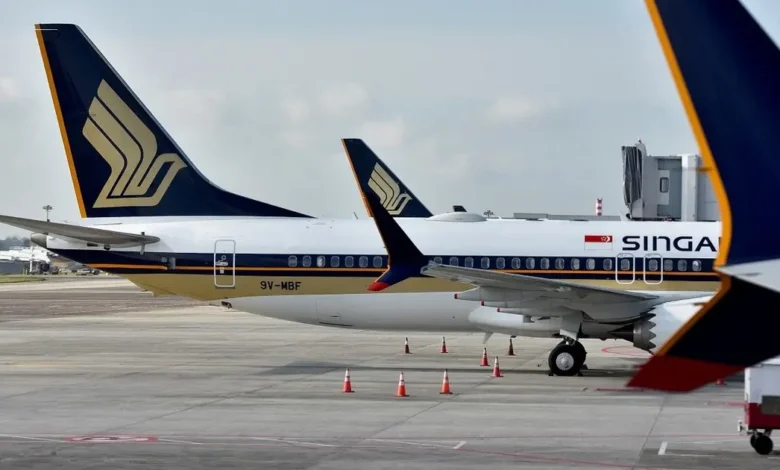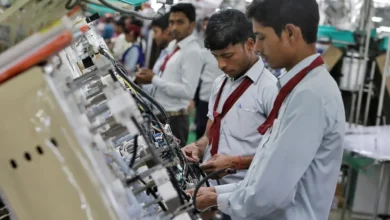Singapore Airlines expands Philippine reach with new code share pact

Singapore Airlines Ltd. has added another regional partner, signing a deal with Philippine Airlines Inc. that will allow it to codeshare on flights to and from Manila and on to 27 destinations in the Philippines.
The agreement, due to start this quarter subject to regulatory approvals, will also enable Philippine Airlines to codeshare on Singapore Airlines flights to the European cities of Paris, Rome, Frankfurt, Copenhagen, Zurich and Milan, the carriers said in a joint statement on Wednesday.
Codesharing agreements enable airlines to sell seats on each other’s flights and split some of the revenue, while also giving passengers more travel options.
The two airlines said they will explore expanding the codeshare agreement to include Singapore Airlines flights to more destinations in Europe, as well as Australia, India, New Zealand, and South Africa.
Singapore Airlines already has a partnership with Malaysia Airlines and is working on similar agreements with others such as Garuda Indonesia, Thai Airways International Pcl and Vietnam Airlines JSC to broaden its reach beyond the city-state’s population of about 6 million people.
“SIA would appear to be strengthening its connectivity for its passengers from a position of strength and confidence,” said Tim Bacchus, senior aviation analyst at Bloomberg Intelligence. “It likely doesn’t feel the need to do these deals, but sees win-wins in them.”
Singapore Airlines is also set to take a 25.1 percent stake in the enlarged Air India Ltd. once the flag carrier gets formal approval to merge with Vistara.
The airline’s shares are up 12 percent this year, the second-best performance on a Bloomberg gauge of Asia-Pacific carriers, which is down 14 percent in 2023.
Asian economies must ramp up wind and solar power to keep global warming under 1.5C, report says
A German thinktank has reported that to prevent global warming from surpassing the critical threshold of 1.5 Celsius, major Asian economies must ensure they can get half of their total electricity from renewables by 2030.










